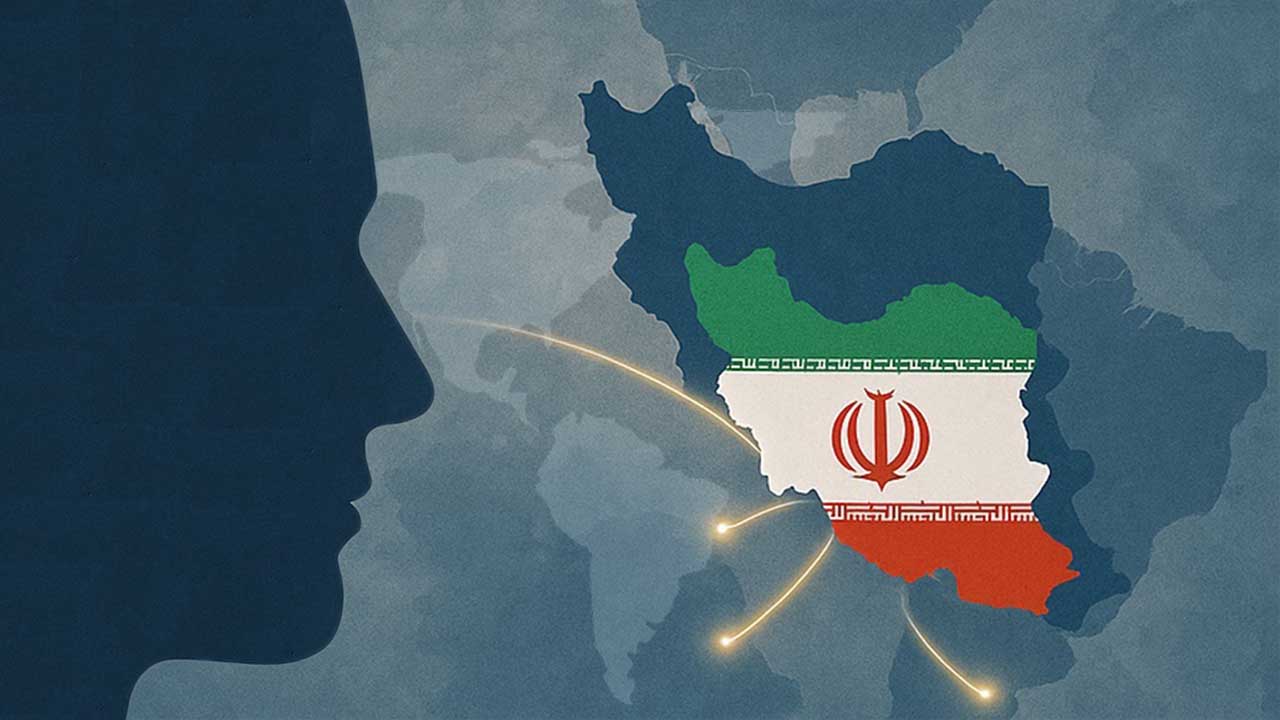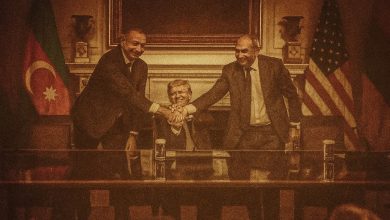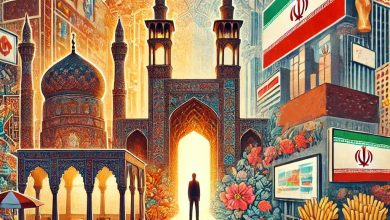Iran’s Foreign Policy within the Framework of Constructivist Theory

Since the 1990s, constructivist theory has played a significant role in explaining the dynamics of the international system and the foreign policies of state actors. Unlike materialist theories such as realism and liberalism—which are grounded in military power, security, or economic interests—constructivism emphasizes the role of ideas, identities, norms, and social structures. In this framework, foreign policy is not merely a reflection of power balances or rational calculations of interest, but rather a product of the meanings that actors attribute to themselves and the surrounding world.
Constructivism highlights three fundamental components in analyzing the foreign policy behavior of states:
- Actor Identity: States shape their interests and behavior based on the self-image they hold. These identities stem from history, internal discourses, ideological beliefs, and cultural representations.
- Representation of the ‘Other’: Foreign policy is defined in relation to “others.” States draw distinctions between the “self” and the “other” to structure their policies and alliances. These representations are often produced and reproduced through official and media discourses.
- Norms and Social Structures of the International System: Constructivists view the international system not merely as a material arena but as a network of norms, institutions, and intersubjective meanings. States interact with these structures in a two-way process—being influenced by them and also shaping or transforming them.
After the 1979 Islamic Revolution, the Islamic Republic of Iran constructed a distinct identity based on three key principles: political independence from global powers, opposition to hegemonic order, and support for the oppressed. Concepts such as “the oppressed vs. the arrogant,” “exporting the revolution,” and “the Islamic Ummah” formed the discursive foundations of this identity.
Within this framework, Iran’s foreign policy was not founded on structural imperatives or power balancing, but on an ideological and normative commitment to opposing imperialism (represented by the United States) and Zionism (embodied by the Israeli regime). This orientation led to the emergence of the “Resistance Discourse,” a paradigm that has been continuously reproduced in Iran’s foreign policy since the early 1980s.
According to constructivist theory, political identities gain meaning through distinctions between the “self” and the “other.” From its inception, the Islamic Republic has represented the United States as a threatening “other” or the “Great Satan.” This representation has played a central role in shaping foreign policy and has also contributed to internal discursive coherence and social mobilization.
In contrast, countries such as Syria, Lebanon (via Hezbollah), Palestine (via Hamas and Islamic Jihad), and more recently Yemen (via Ansarullah) have been redefined as identity-based allies or members of the “Axis of Resistance.” Similarly, China, Russia, and other non-Western actors have emerged in Iranian foreign policy discourse as “proximate others” or potential strategic partners. These representations are constantly redefined and evolve in response to domestic and international conditions.
Despite some continuity in its foundational identity, Iran’s foreign policy has experienced discursive shifts across different periods. Constructivism interprets these changes not as mere responses to material conditions, but as outcomes of redefined identities and meanings. Notable examples include:
- The Reformist Era: During this period, Iran’s identity was rearticulated as a “responsible member of the international community.” The idea of a “Dialogue Among Civilizations” aimed to reconstruct Iran’s role as a culture-oriented and peace-seeking state willing to engage with the international order.
- The Rouhani Administration: The policy of “constructive engagement with the world” and the nuclear agreement (JCPOA) signaled the dominance of a development-oriented and pragmatic discourse. In this context, Iran sought to redefine its security identity and gain a new position in the international system.
- The Raisi Administration: This period marks a return to the “Resistance Discourse” with a strong emphasis on “Eastern orientation.” This shift can be seen not merely as a reaction to sanctions or structural constraints, but as a revival of the revolution’s original identity. Strategic rapprochement with Russia and China, and accession to organizations like BRICS and the Shanghai Cooperation Organization, reflect this discursive transformation.
From a constructivist standpoint, actors are not only shaped by structures but also play an active role in shaping international social structures. Through strategies such as resistance diplomacy, South–South cooperation, economic resilience, and participation in coalitions like the Shanghai Cooperation Organization and the Eurasian Union, the Islamic Republic seeks to challenge the existing global order or propose an alternative one. In this context, Iran’s efforts to build a multipolar and justice-based world order reflect not merely a reaction to international isolation, but also the expression of its unique identity-based discourse.
In conclusion, Iran’s foreign policy within the framework of constructivist theory reflects the social construction of identity, discourse, and norms. Unlike materialist perspectives that reduce Iran’s foreign policy to security or economic motivations, constructivism demonstrates how these policies are shaped within a framework of meanings and subjective perceptions. Understanding Iran’s foreign policy without accounting for foundational concepts such as “resistance,” “arrogance,” “revolutionary identity,” and the representation of the “enemy” results in an incomplete analysis. Ultimately, the future of Iran’s foreign policy will be shaped not solely by shifts in power or external pressures, but by internal discursive redefinitions and intersubjective interactions with global social structures.






